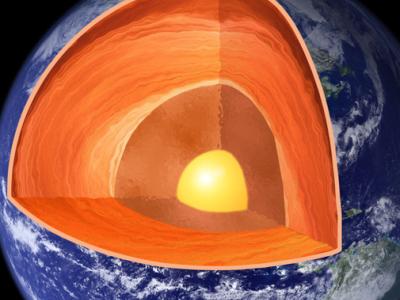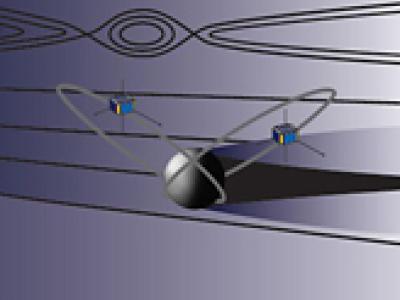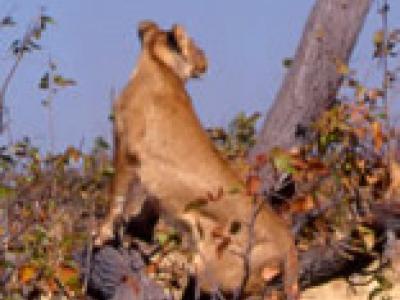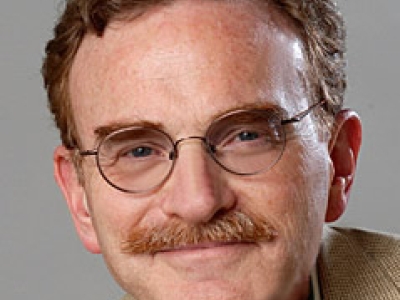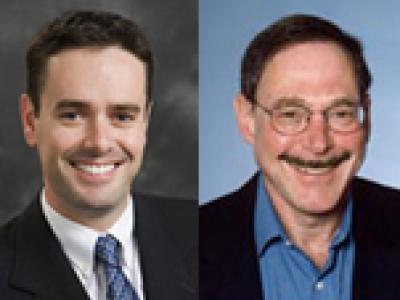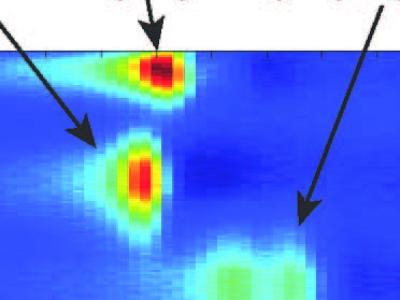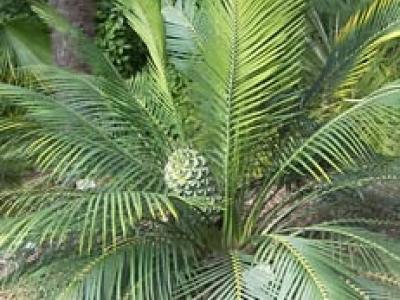Using neutrinos to probe Earth’s hot core
UC Berkeley and Berkeley Lab physicists are part of a large international collaboration, called KamLAND, that used a neutrino detector in Japan to learn about the sources of heat in Earth’s interior. According to Stuart Freedman, the results indicate that only half the heat comes from radioactive decay; the rest from other processes.

